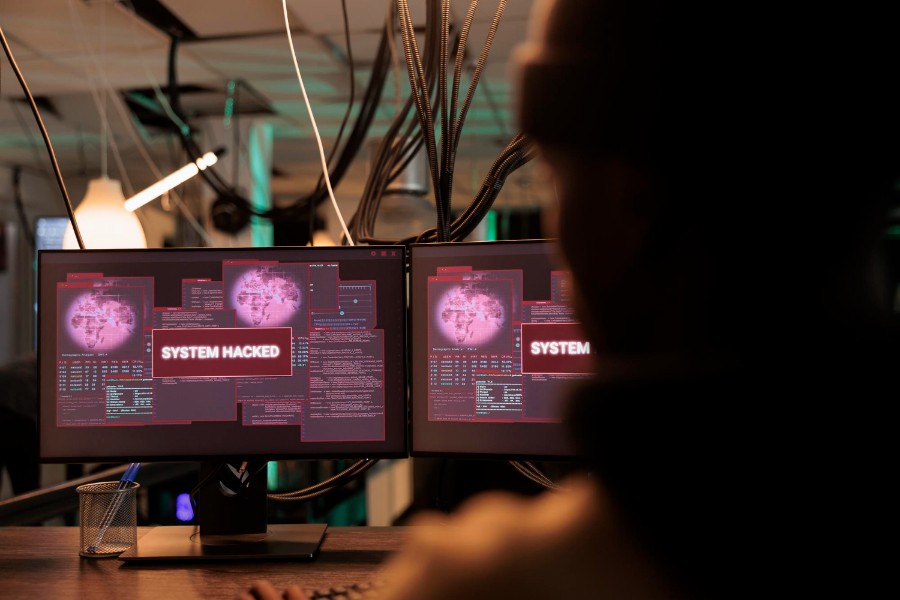
UK Government Faces Imminent Threat of Catastrophic Ransomware Attack
Parliamentary Committee Warns of Critical Vulnerabilities and Urges Immediate Action
NEWS Security December 13, 2023 Reading time: 2 Minute(s)
A parliamentary committee has issued a stark warning that the UK government is at a high risk of experiencing a "catastrophic ransomware attack", capable of bringing the country to a standstill due to poor planning and inadequate investment. The Joint Committee on the National Security Strategy's damning report highlights vulnerabilities in the nation's critical national infrastructure (CNI), crucial for the functioning of essential services such as energy supply, water supply, transportation, health, and telecommunications.
Recent cyber incidents targeting UK public services, including a notorious attack on the NHS last year, have underscored the urgent need for robust cybersecurity measures. The report emphasizes that the government's failure to invest sufficiently in preventing large-scale cyber-attacks is a significant concern. It specifically criticizes the Home Office, responsible for ransomware policy, and former home secretary Suella Braverman for not prioritizing the issue.
"Catastrophic costs and destabilizing political interference"
The committee expressed concern over the dependence of the UK's CNI on private, third-party IT systems, leaving critical infrastructure vulnerable to cyber threats. Future ransomware attacks, as warned by the report, could extend beyond data breaches to pose a direct threat to physical security and human life, especially if cyber attackers manage to sabotage CNI operations.
Highlighting the NHS as a particularly vulnerable target, the report points to the health service's reliance on outdated infrastructure and IT systems. The committee notes that the NHS lacks the capacity for even basic upgrades due to crumbling IT services and insufficient investment.
Harjinder Singh Lallie, a reader in cybersecurity at the University of Warwick, emphasized the potential impact of a ransomware attack on the NHS, affecting appointments, patient records, and staff payment systems. He stressed that regular upgrades to operating systems and computer hardware could significantly reduce overall costs and disruption.
Citing the National Cyber Security Centre (NCSC), the committee identified most ransomware groups targeting the UK as being "based in and around Russia," benefiting from the "tacit consent of the Russian State." Additionally, groups in North Korea and Iran were noted as targeting the UK.
Margaret Beckett, chair of the joint committee, expressed deep concern over the government's response to the cyber threat, stating:
"The UK has the dubious distinction of being one of the world’s most cyber-attacked nations."
She warned that a failure to address this challenge adequately could lead to "catastrophic costs and destabilizing political interference," marking an inexcusable strategic failure on the government's part.
*Our pages may contain affiliate links. If you buy something via one of our affiliate links, Review Space may earn a commission. Thanks for your support!
CATEGORIES

























COMMENTS